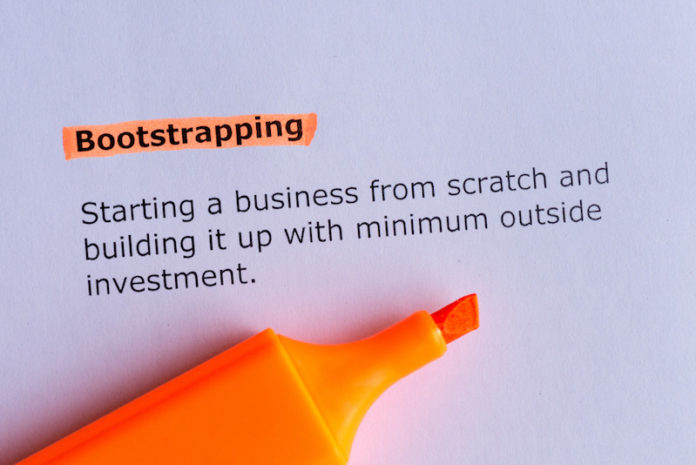Are you looking for startup financing for your new business and wondering where the best place is to find it? Perhaps you should start by looking in your own bank account. SCORE recently surveyed more than 1,000 small business owners in a wide range of industries to see where startup businesses get financing. According to SCORE’s Megaphone of Main Street report, which published the study results, the majority of small business owners use their own personal savings and income from another job to finance their first year of operations.
The importance of cash reserves
Running out of cash is one of the top three reasons that startups go out of business in the first year, so starting your business with sufficient cash reserves can make the difference between success and failure. Most experts recommend that you have at least three to six months’ worth of cash reserves when you launch your business.
Six in 10 business owners in the survey report they started with enough cash to support themselves for at least three months. Thirty percent could support themselves for over six months. However, 18% didn’t have any cash reserves at all. While it’s possible these business owners had resources we don’t know about, such as large orders placed from potential customers, starting with skimpy cash reserves is risky. It often takes a new business longer than six months to begin turning a profit, and even if you make some sizable sales, you may not receive payment for 30, 60 or 90 days if you’re working with business customers.
Where do startup businesses get financing?
While you hear a lot about bank loans, online lenders, crowdfunding, credit card financing and other outside sources of financing being used for startup businesses, the survey found these were rarely used. In fact, 78% of startups in the survey didn’t look for outside financing at all. Instead, most of them bootstrapped their businesses, relying on their own savings and income to get their companies off the ground. The majority of new entrepreneurs started their businesses using their personal savings (66.3%) and income from another job (27.6%).
Overall, just 11.3% of startups got bank loans or SBA loans. That doesn’t mean that most loan applicants were turned down; in fact, more than half (58%) of those who applied for these loans were approved. It’s just that a very small percentage applied for them in the first place.
What outside financing source did startups have the most success with? More than three-fourths of startups who asked for funding from friends and family members received it.
Once entrepreneurs received their outside financing, how did they spend it? Those who got outside financing primarily used those funds for equipment (63.2%), inventory and marketing (48.1% each), and to lease or prepare their business location (40.6%).
How much startup capital do you need?
The startup capital required by the businesses surveyed varied widely. More than four in 10 (42%) started out with less than $5,000 in cash reserves. However, almost half (49%) launched their companies with more than $10,000 in the bank, and almost one-quarter (24%) started with more than $50,000.
Different businesses have different startup needs. If your new business has heavy equipment requirements, such as starting a restaurant or starting a manufacturing business, financing it with your savings and income may not be reasonable. But as the survey shows, many businesses can be successfully launched with $5,000 to $10,000—an amount within the scope of reality for many people.
To raise your startup capital yourself, consider selling some assets you may own, reducing your monthly expenditures to squeeze out more money for your business, or working at a part-time or full-time job while you start your business on the side. All of these approaches can help you bootstrap your business. If you do need more financing than you can generate on your own, find out how to repair bad credit so you can increase your chances of getting business financing from an outside source.
Writing a business plan can help you determine how much capital you need to get your business going and calculate a reasonable cash cushion to have in place. SCORE has a free, downloadable business plan template you can use.
Bootstrapping word highlighted stock photo By Sohel Parvez Haque/Shutterstock







